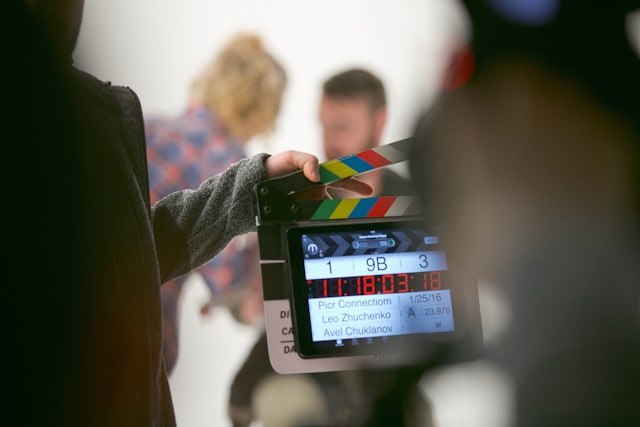We live in an age where entertainment comes in countless forms reality TV, scripted dramas, social media vlogs, live streams, documentaries, and even influencer “day in the life” videos. On the surface, the difference seems clear: scripted shows are fiction, and reality TV or unscripted entertainment is authentic. But is it really that simple?
As audiences, we often ask ourselves: is reality TV real, or are we being subtly guided into believing a crafted version of events? The truth is, the line between reality vs scripted content is blurrier than ever before.
Defining Reality vs. Scripted
Traditionally, scripted content includes sitcoms, dramas, and films where every word and action is carefully written by professional writers. Reality, on the other hand, is supposed to show real people living unscripted lives whether in a competition, a social experiment, or just their daily routine.
But the rise of reality TV, influencer content, and hybrid formats has created a gray area. Shows marketed as unscripted often include heavy editing, producer intervention, or even staged scenarios to boost drama. Meanwhile, scripted shows increasingly borrow “documentary-style” formats to feel more authentic.
The Evolution of Reality Entertainment
Reality entertainment has transformed dramatically since the early days of Survivor and Big Brother. These shows claimed to capture real reactions in extreme environments, yet even then, editing and selective storytelling shaped what audiences saw.
Fast forward to today, and shows like Love Island, The Bachelor, and Keeping Up With the Kardashians dominate screens. While marketed as reality, many of these series are carefully curated to highlight conflict, romance, or dramatic twists often with the help of producers behind the scenes.
At the same time, social media platforms like YouTube and TikTok have given rise to influencer content, vlogs, and live streams that blur the lines further. A seemingly casual “morning routine” video may actually be carefully staged for lighting, aesthetics, and brand sponsorships.
How Scripted Elements Sneak In
Even in so-called unscripted entertainment, scripting often plays a hidden role:
-
Producer prompting: Contestants are encouraged to discuss certain topics or react in specific ways.
-
Editing tricks: Selective cuts can make a person appear villainous, romantic, or dramatic depending on the story producers want to tell.
-
Staged scenarios: Social media creators often “recreate” real-life situations to capture the perfect moment.
This doesn’t mean reality shows or influencer content are entirely fake it means the final product is designed to maximize drama and engagement.
Why Audiences Crave “Reality”
Despite the blurred lines, audiences are drawn to unscripted entertainment for one key reason: authenticity. People want to see real emotions, relatable struggles, and moments that feel raw. Reality vs scripted is not just about labels it’s about the emotional connection viewers form with people they believe are “real.”
Unpredictability also plays a role. Unlike scripted dramas where outcomes are predetermined, reality shows and vlogs give the impression of spontaneity, making them feel exciting and immersive.
The Fine Line: Authenticity vs. Entertainment
The question is: where’s the line? A little scripting can heighten drama and make a storyline more entertaining, but too much manipulation can feel deceptive. Audiences have grown skeptical after several reality shows were exposed as heavily staged, leading to backlash.
At the same time, many viewers admit they don’t mind if some scenes are scripted, as long as the content is engaging. In the world of unscripted entertainment, authenticity matters, but so does entertainment value.
The Future of Reality and Scripted Content
The future of media may not be about choosing between reality and scripted content—it may be about embracing the blend. Hybrid formats like docu-series, reality-dramas, and scripted vlogs are already popular. Shows like The Office or Modern Family use documentary-style filming to appear unscripted, while reality shows continue to rely on editing for storytelling.
Technology adds another layer. With AI, deepfakes, and advanced editing, the line between reality vs scripted will blur even more. Soon, the question may shift from “Is this real?” to “Does it matter?”
Conclusion
The line between reality and scripted content has never been clear and it’s becoming even more complicated as media evolves. While some viewers demand authenticity, others are happy to suspend disbelief for the sake of drama and entertainment.

